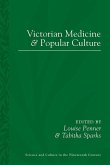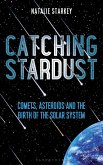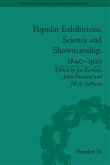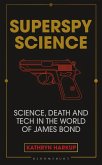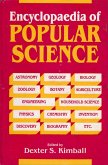In "Popular Scientific Lectures," Ernst Mach presents a collection of insightful essays that distill complex scientific concepts into accessible language, reflecting his dedication to promoting scientific understanding among the general public. Mach'Äôs literary style is marked by clarity and precision, employing engaging anecdotes and illustrative examples to illuminate topics such as mechanics, optics, and the philosophy of science. Set against the backdrop of late 19th-century scientific discourse, the book exemplifies the intellectual currents of the time, blending empirical rigor with philosophical inquiry, and challenges readers to reconsider the foundations of knowledge in an era marked by rapid scientific advancement. Ernst Mach, an influential physicist and philosopher, was pivotal in the development of modern physics and the philosophy of science. His experiences, notably his rejection of Newtonian absolutes and advocacy for a more relativistic perspective, informed his lectures. Mach's career was characterized by a profound commitment to education and the dissemination of scientific ideas, reflecting his belief in the public's capacity to grasp scientific principles, an ethos that shaped his lectures and writings. "Popular Scientific Lectures" is highly recommended for readers interested in the intersection of science and philosophy. It serves not only as an introduction to Mach's innovative thinking but also provides timeless insights into scientific inquiry that remain relevant today. This book invites readers to engage with the fundamental questions of science and its impact on our understanding of the world.
Dieser Download kann aus rechtlichen Gründen nur mit Rechnungsadresse in A, B, BG, CY, CZ, D, DK, EW, E, FIN, F, GR, H, IRL, I, LT, L, LR, M, NL, PL, P, R, S, SLO, SK ausgeliefert werden.
Hinweis: Dieser Artikel kann nur an eine deutsche Lieferadresse ausgeliefert werden.




